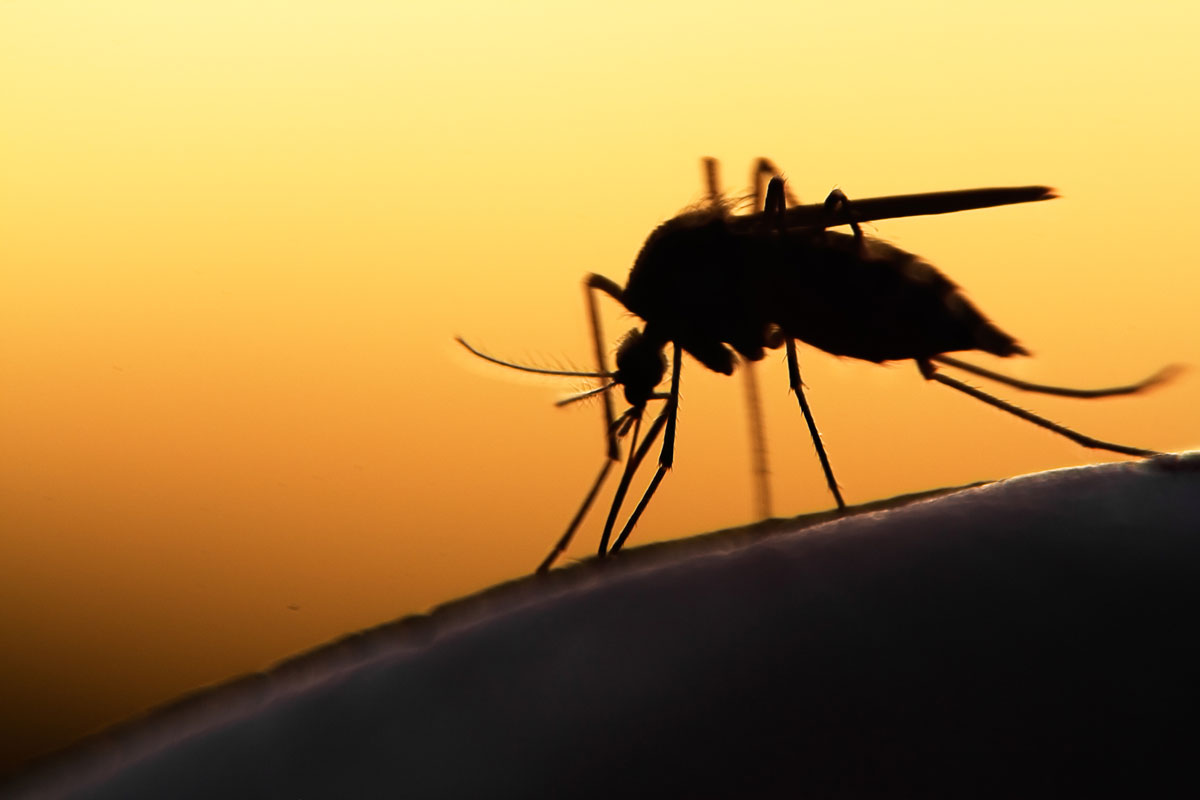ISB Launches 3-Year Wilke Lyme Disease Project with $2.13M Funding
 moritz.isbscience.org/2015/03/26/isb-launches-3-year-wilke-lyme-disease-project-with-2-13m-funding-2/
moritz.isbscience.org/2015/03/26/isb-launches-3-year-wilke-lyme-disease-project-with-2-13m-funding-2/Study Utilizes Systems Approaches to Develop Diagnostics and Deeper Understanding of Chronic Lyme
PRESS RELEASE, SEATTLE, March 26, 2015 – Institute for Systems Biology (ISB) has received $2.13 million in transformational gifts from Jeff and Liesl Wilke; Jeff and MacKenzie Bezos; and the Bay Area Lyme Foundation to tackle chronic Lyme disease, a highly complex and often misdiagnosed disease that can be debilitating for those who do not respond to a standard course of antibiotics.

— “I believe that only the biggest, most elegant computational science can fill (the void of knowledge), and ISB is uniquely positioned to do just that.”
– Liesl Wilke
This funding for the Wilke Lyme Disease Project will kick-start the first stage of a three-year study that will leverage the tools and technologies of systems biology to understand the fundamentals of Lyme, identify biomarkers, and gain insights about the genomics and proteomics of the infecting Borrelia organism. ISB president Dr. Lee Hood will serve as the principal investigator, leading a team of ISB researchers and Johns Hopkins collaborators in a series of integrated projects that eventually will inform how best to attack the chronic form of Lyme.
“There’s a great void of knowledge in the world of Lyme,” said Liesl Wilke, a writer and novelist whose decade-long struggle with Lyme has fueled her mission to find answers. “I believe that only the biggest, most elegant computational science can fill it, and ISB is uniquely positioned to do just that.” READ LIESL WILKE’S STORY
In early 2014, Dr. Hood and the Wilkes hosted a brain trust meeting of ISB’s top systems biologists with leading clinical experts and industry technologists to help generate a framework for the project.
“The systems approach is the only way through the massive complexity surrounding Lyme disease,” said Dr. Hood. “ISB is uniquely positioned to drive this project and navigate through the interconnected complexities of Lyme. Our scientists have the right experience and expertise, access to powerful technologies and enormous strength in data analytics.”
Lyme disease is caused by the bacteria Borrelia burgdorferi, which is transmitted to humans through the bite of a black-legged tick. The most common symptoms of Lyme disease – named for Lyme, Conn., where the earliest cases were discovered and eventually connected to tick bites – can include muscle and joint pain, flu-like symptoms, heart palpitations, and often a red, circular rash, which may resemble a “bull’s-eye.” Lyme is difficult to diagnose because many people don’t know that they’ve been bitten. While most infections can be treated with antibiotics, there are patients who develop arthritis and other lingering symptoms including profound fatigue, neurological issues, and joint and muscle pain. About 300,000 new cases of Lyme are reported yearly to the CDC.
The Wilke Lyme Disease Project is an imperative step toward understanding the longitudinal dynamics of the acute disease, which is essential to tackling chronic Lyme. This research will help untold thousands who have suffered this confounding disease.
Media Contact: Joe Myxter
Development Contact: Nick Newcombe
Support Lyme Research
About Institute for Systems Biology
The Institute for Systems Biology is a nonprofit biomedical research organization based in Seattle, Washington. It was founded in 2000 by systems biologist Leroy Hood, immunologist Alan Aderem, and protein chemist Ruedi Aebersold. ISB was established on the belief that the conventional models for exploring and funding breakthrough science have not caught up with the real potential of what is possible today. ISB serves as the ultimate environment where scientific collaboration stretches across disciplines, where our researchers have the intellectual freedom to challenge the status quo, and where grand visions for breakthroughs in human health inspire a collective drive to achieve the seemingly impossible. Our core values ensure that we always keep our focus on the big ideas that eventually will have the biggest impact on human health.






